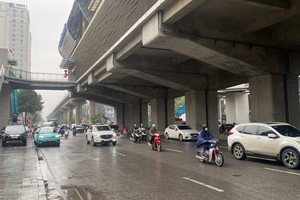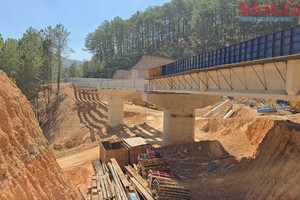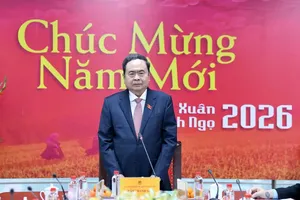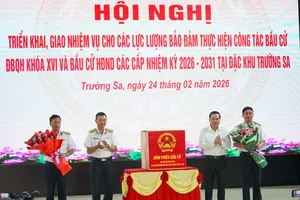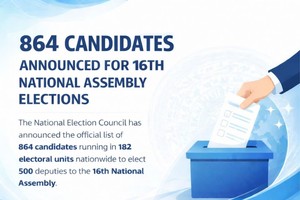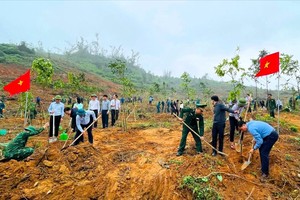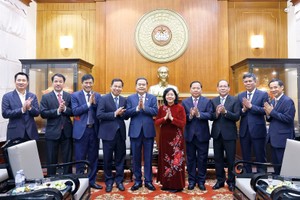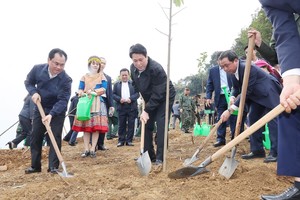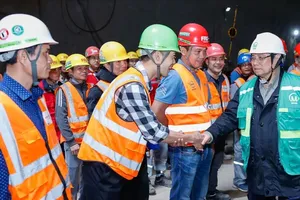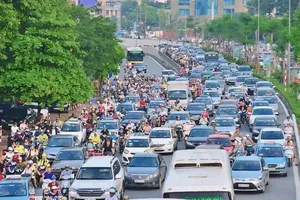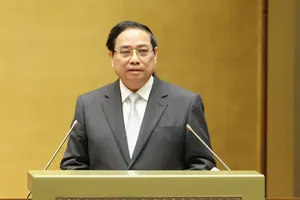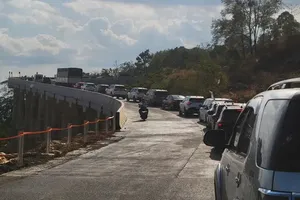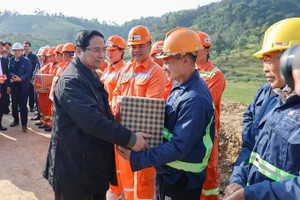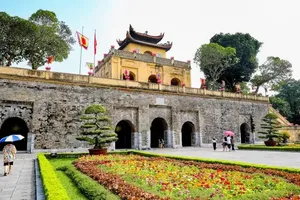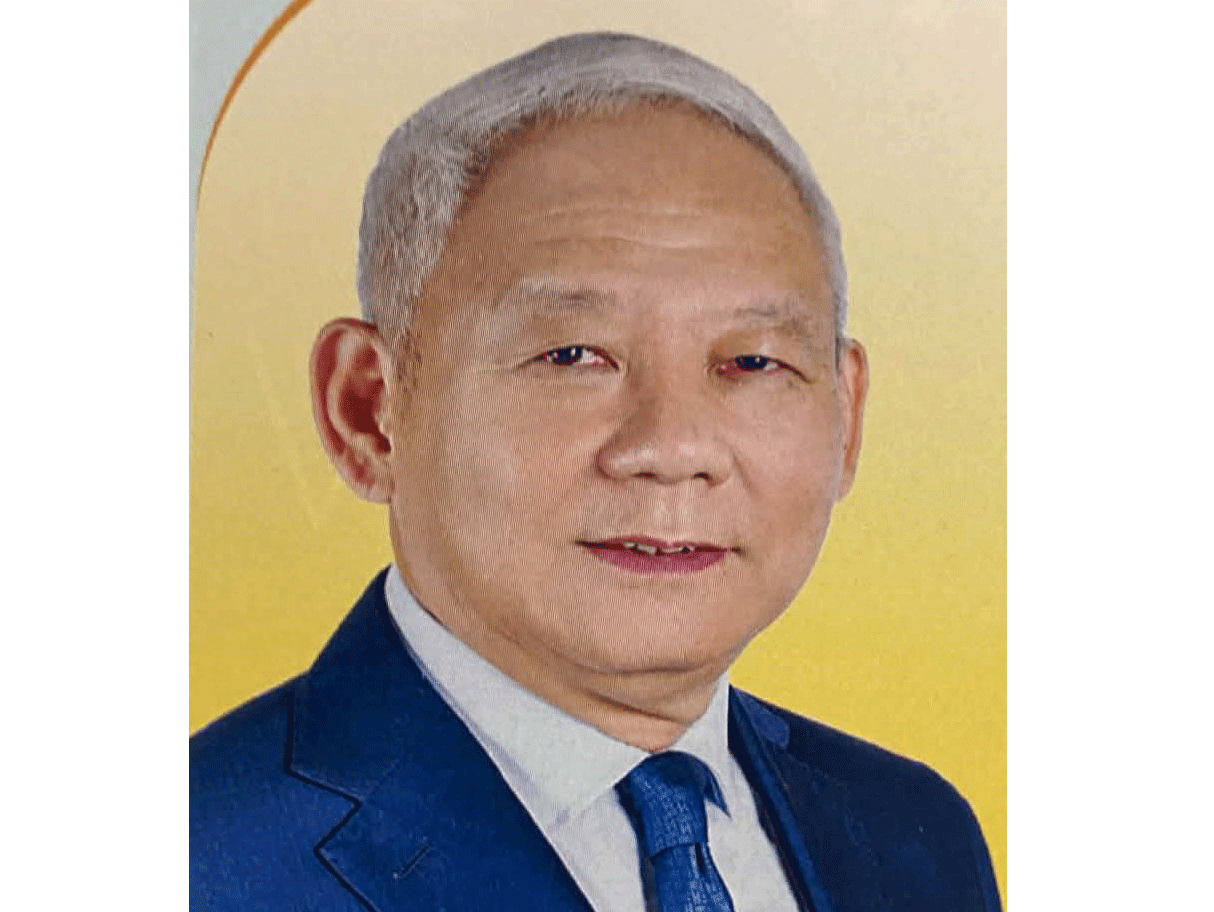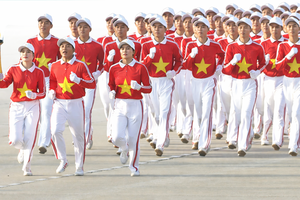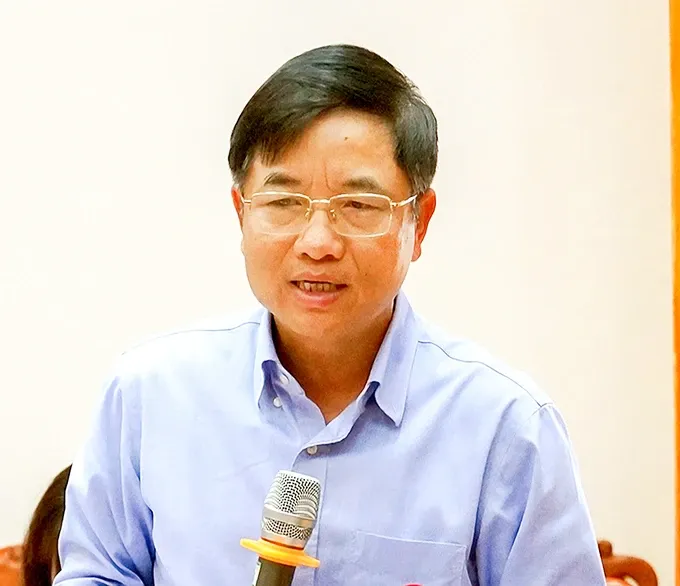
Deputy Director Nguyen Manh Thang first presented the logic behind collecting tolls and determining toll rates on expressways invested by the State. This is clearly stipulated in the 2024 Law on Roads in order to have sufficient money for the maintenance and development of the national expressway network.
To determine the toll rates, the drafting agency has depended on such principles as setting reasonable rates that are in line with tolls for roads and expressways under public-private partnerships (PPP). Additionally, the rates must be affordable for users and comply with fee and charge regulations, avoiding overlapping on this matter.
Answering the concern on fairness to the public to apply this even on incomplete expressways (lacking emergency lanes or rest stops) and on some expressways frequently experiencing congestion due to operating above capacity, Deputy Director Thang stressed that tolls will only be collected on expressways with at least four lanes (two lanes in each direction). Those with only two lanes (one lane in each direction) will be exempt.
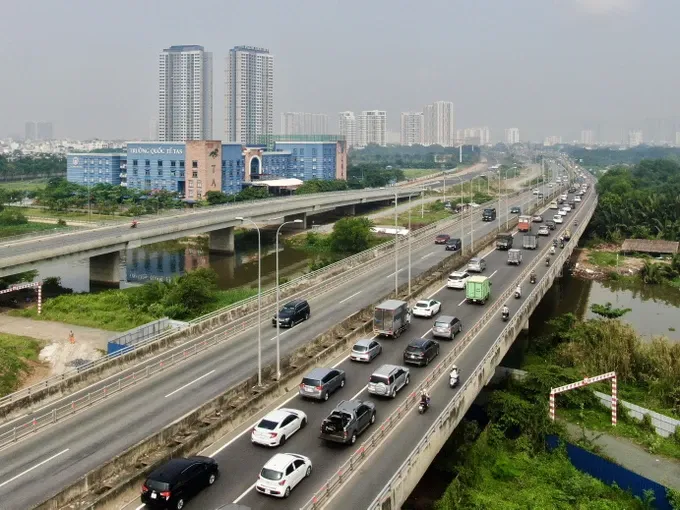
After studying various options and referring to practices in countries like China, Thailand, the Philippines, Italy, Japan, and Indonesia, two rate tiers are proposed.
- Tier 1 (representing approximately 70 percent of user benefits) will apply to expressways designed and constructed according to technical standards.
- Tier 2 (representing approximately 50 percent of user benefits) will apply to expressways that were approved for investment before the 2024 Roads Law came into effect and do not fully comply with the law's provisions. This rate is only 50-65 percent of the toll rates currently applied to BOT expressways.
As there is trouble finding sufficient capital for the maintenance of existing expressways (now only at 40 percent of the needed fund) and construction of new ones (in need of VND240 trillion (US$9.57 billion)), toll collection is the most sensible measure to answer these urgent budget demands. Only then can services on state-invested expressways be ensured.
Regarding current safety regulations for expressway traffic, the Deputy Director commented that if the regulations and rules are strictly adhered to, expressways are the safest type of road. However, as the expressway system in Vietnam is still developing, it is necessary to continue to improve safety regulations.
Recently, regulations and rules for expressway traffic have been codified in the Roads Law of 2024 and the Traffic Safety Law of 2024. Competent authorities are currently drafting decrees to implement these laws. Real-world situations will be updated to supplement and improve legal regulations on expressway traffic safety. In addition, we need to foster a culture of safe driving on expressways.
Besides the fact that accidents on expressways are largely due to the awareness and skills of road users, the Transport Ministry and relevant state agencies also take responsibility to increase traffic safety on these roads.
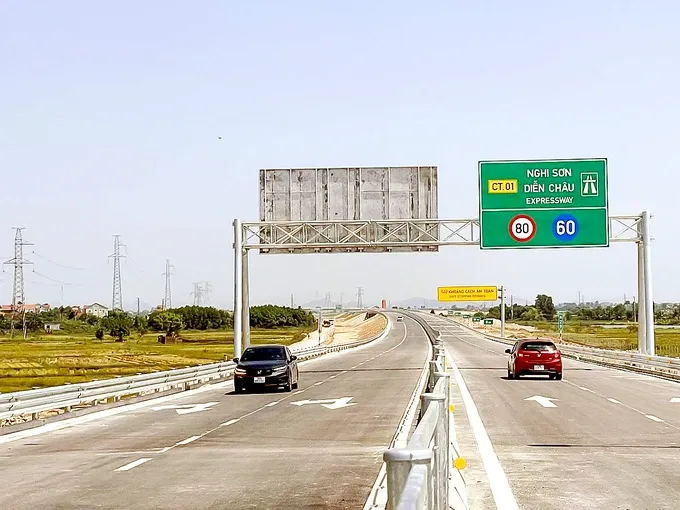
The Transport Ministry is planning to upgrade and complete stage-invested expressways in the near future to improve operational efficiency and ensure safety. New expressways will have to meet current standards. During operation, expressway management agencies will strengthen inspections and promptly address shortcomings, while also enhancing the road signage system.
Meanwhile, as to vehicle quality, the management, registration, and inspection of vehicles are being tightened. The Ministry of Transport has directed inspections and improved state management through the use of dashcams to check and handle cases of driving for excessive periods, speeding, etc.
The Ministry of Public Security is also stepping up inspections and handling violations on expressways such as drunk driving, speeding, lane violations, and distance keeping.
The draft proposes toll collection for 12 expressway sections and routes which are owned and managed by the State:
Lao Cai – Kim Thanh, Hanoi – Thai Nguyen, HCMC – Trung Luong, Cao Bo – Mai Son, Mai Son – National Highway 45, National Highway 45 – Nghi Son, Nghi Son – Dien Chau, Cam Lo – La Son, La Sơn – Hoa Lien, Vinh Hao – Phan Thiet, Phan Thiet – Dau Giay, My Thuan – Can Tho.
